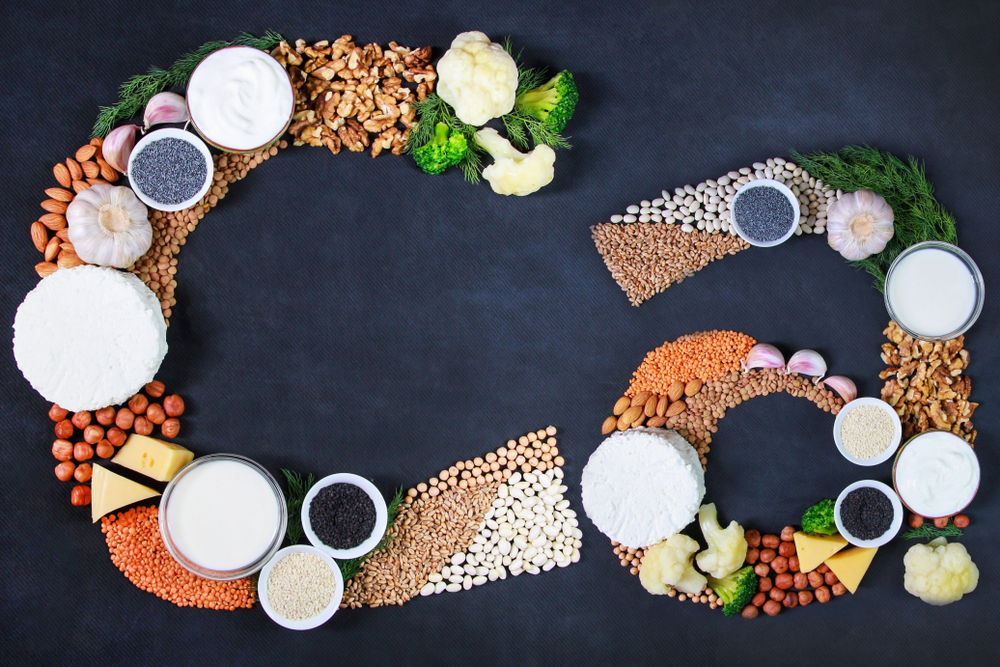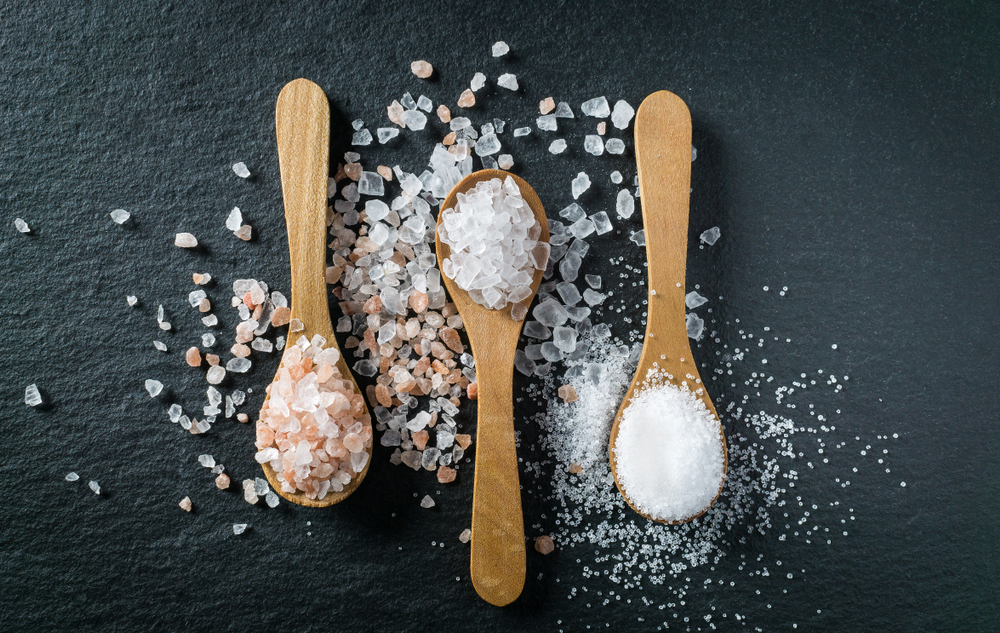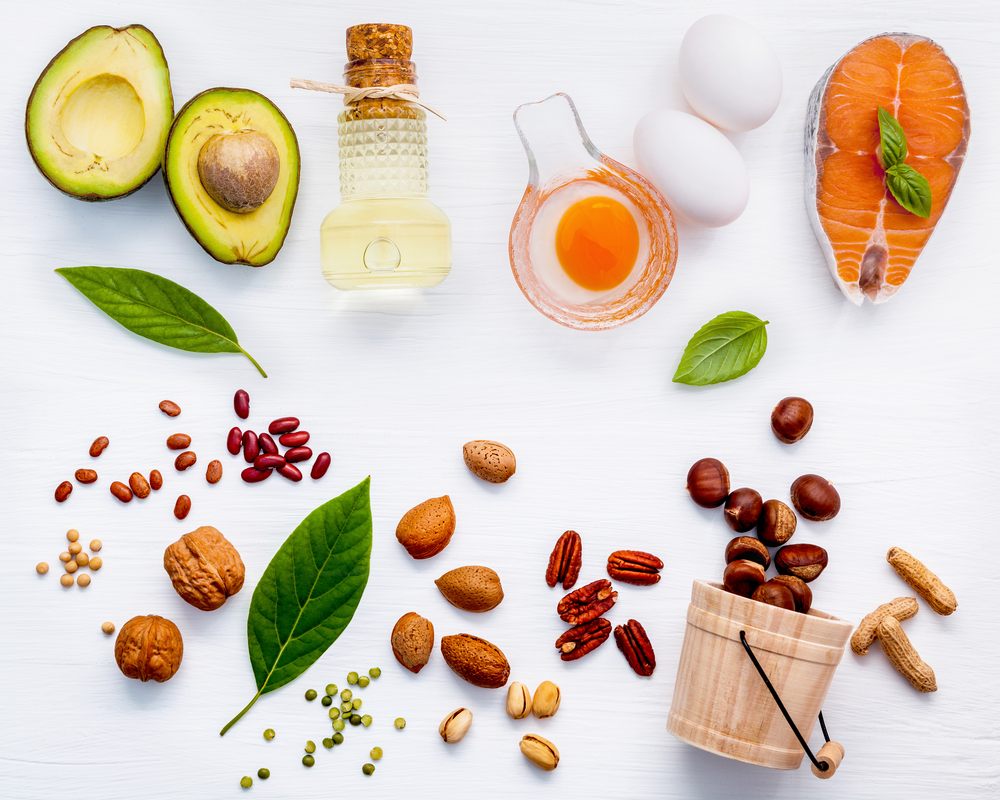To stay healthy, many techniques and nutrients are available. Here,minerals such as calcium and magnesium become available to all especially athletes. These are minerals that are essential to the body and hold a large place in the body. For more information, here is the information about them.
Calcium and magnesium, what exactly are they?
Magnesium
It is a cofactor, more precisely a mineral composed of 300 enzyme systems. Once again, it plays a major role in the body and has several actions. Magnesium plays an important role in the cells.
It functions as a stabiliser of cell membranes. Apart from that, it is also involved in oxidative phosphorylation, DNA transcription and protein synthesis.
When taking magnesium, it is important to know the dose. It is therefore advisable to consult a doctor before taking it. The intake of this mineral has positive effects on the brain and body. It is beneficial for the muscles, bones and teeth.
Through its consumption, the individual will also have an electrolyte balance, a normal metabolic mechanism, a well-functioning protein synthesis and cell division process.
Calcium
An essential mineral for the body, calcium is beneficial to bones and teeth. It has the ability to form and repair tissues, especially in young adolescents and sportspeople.
When calcium enters the body, it is deposited in the bones by the anabolic system. At the same time, it is removed via catabolism. This input and output are finely balanced. If a person has a dietary imbalance, this will cause the bones to become brittle and the muscle masses to shrink.
Calcium therefore enables muscles to contract and nerve impulses to be transmitted. It also contributes to the construction and density of bones. It also helps the blood to coagulate and maintains the blood pressure. Besides that, it also works in the energy metabolism to make the organism function well.
Magnesium and calcium requirements
First of all, it is important to know that everyone needs calcium and magnesium. In fact, it is the body that requires them. As far as magnesium is concerned, the average daily requirement is between 350 and 380 mg.
As for calcium, whether for a woman or a man, it is recommended to take 900 mg of this mineral per day. And to assimilate it well, the best solution is to have vitamin D, prebiotics and probiotics in the body.
At the same time, it is essential to eat foods rich in acids, sodium and animal protein. For children and teenagers, 1200 mg daily is sufficient. For pregnant women, however, the level should be 1000 mg per day.
Symptoms of magnesium and calcium deficiency
Case of magnesium
Magnesium deficiency in the body leads to the release of adrenaline. The latter is seen especially in the presence of severe stress. This will cause an increase in calcium inside the cell and will help in the action of cellular magnesium leakage.
This leakage is seen in the blood and urine. Muscles also become hypercontracted and there are spasmodic colopathies, cystitis, dysmenorrhoea and dyskinesia. On the other hand, more intake of this mineral makes these cells more functional so that the body remains healthy.
Calcium case
Calcium deficiencies are most often found in athletes, children, teenagers and pregnant and breastfeeding women. The risks caused by this lack of calcium are seen in fatigue, fractures, osteoporosis, cramps and digestive disorders. It should be noted that these symptoms have multifactorial and even unifactorial causes.
Where to find calcium and magnesium?
First of all, these minerals are not produced by the body. Therefore, it is essential to provide the body with them on a daily basis. In addition, calcium & magnesium are available in food.
Magnesium can be found in legumes such as beans, lentils and split peas. It is also available in nuts, wheat germ, seafood and dark green leafy vegetables. Wholegrain cereals and grain products also contain magnesium.
For those who prefer mineral water and dark chocolate, it is also available in these products.
As with magnesium, calcium is also present in food. Dairy products such as yoghurt, milk and hard cheese contain calcium. For those who do not know, it is also found in sardines and seafood. Many foods contain calcium.
Calcium is found in green vegetables such as parsley, artichokes, cabbage, broccoli, chard, watercress, asparagus, and onions. Not only that, but it is also available in fruits such as oranges, blackcurrants, rhubarb and currants.
For people who are fond of protein seeds, it is possible to benefit from calcium, as it is present in sesame seeds, chias, sunflowers, almonds and hazelnuts. Some mineral waters such as contrex and hepar have a source of calcium. Apart from that, calcium is still available in vegetable juice.
Calcium and magnesium in sport
Since sport increases sweat and metabolic losses, it requires treatments with marine magnesium that is well assimilated by the body. However, the cures should not exceed twice the RDA.
By favouring a diversified and balanced diet, normocaloric with regard to energy requirements, a supplement of 5 mg. kg-1. day-1 maximum can be envisaged during periods of intense and voluminous effort.
Calcium is also important for the body in order to strengthen endurance during sports sessions. In addition, a balanced diet helps to cope with periods of intense and heavy exercise.
A sufficient amount of calcium helps to avoid possible deficits, cramps or other types of illness. Therefore, every athlete should try to include at least 3 portions of calcium source foods in their daily diet.




